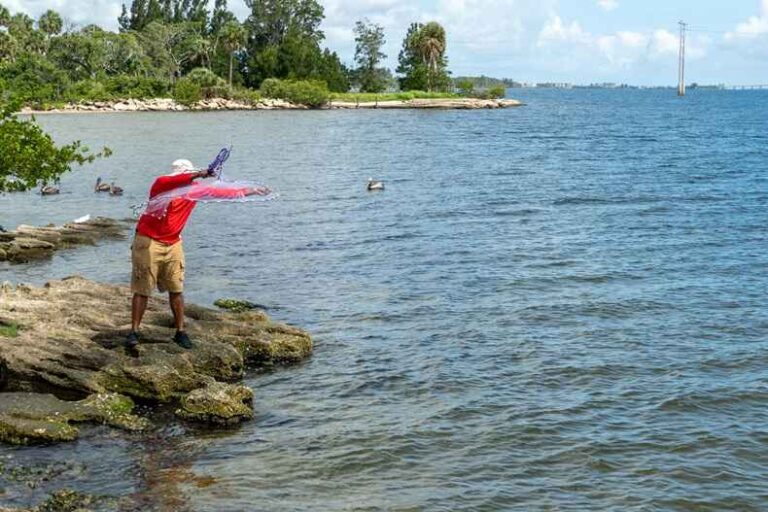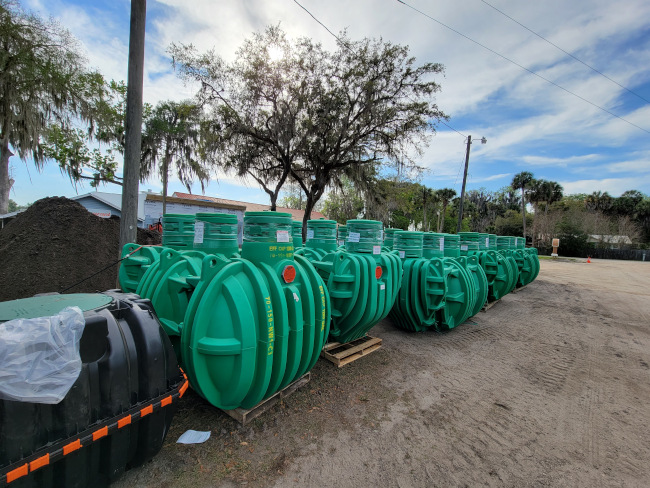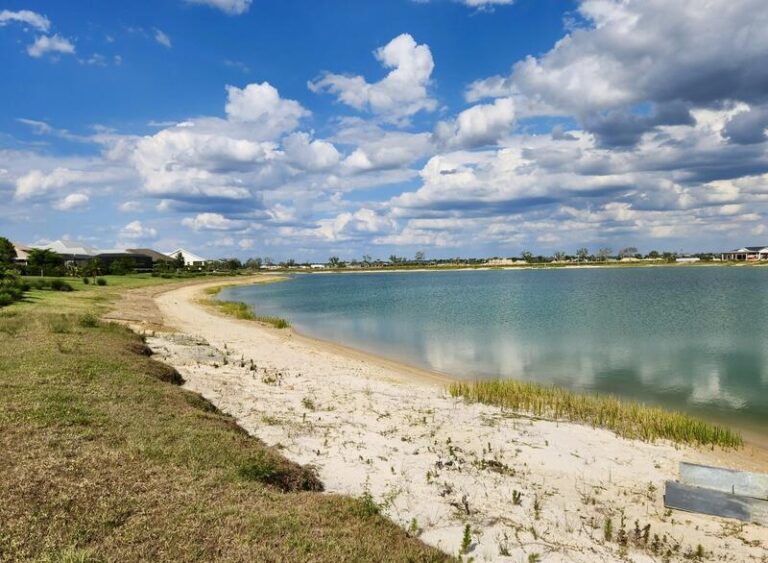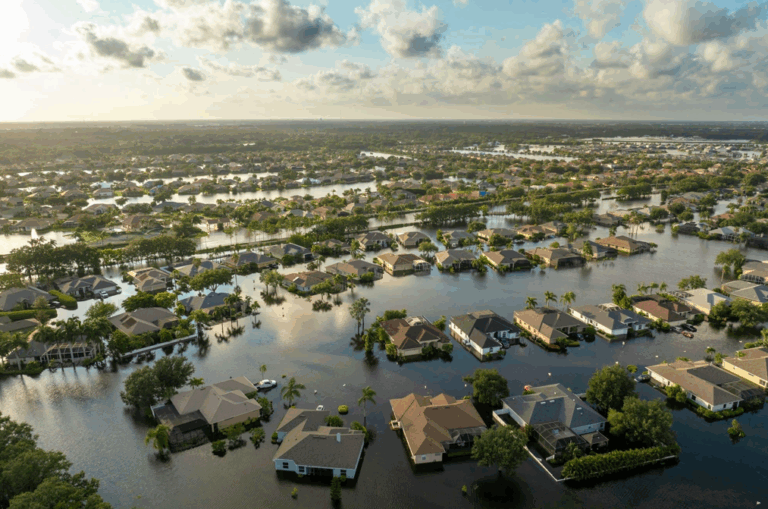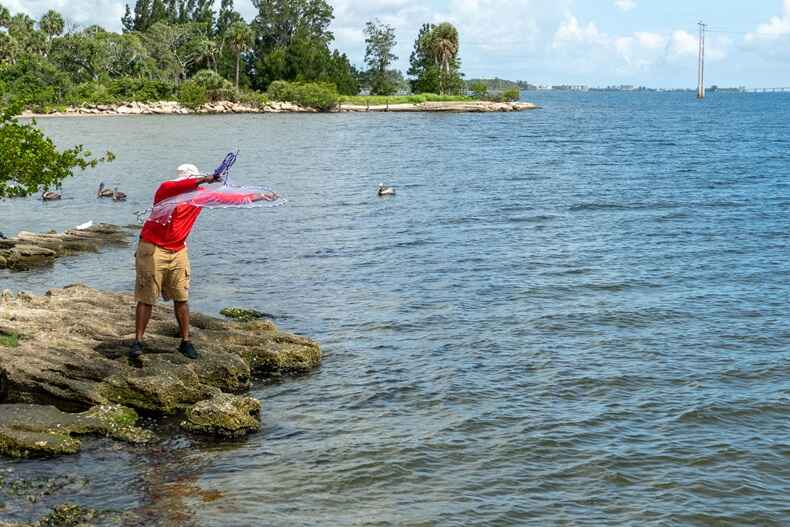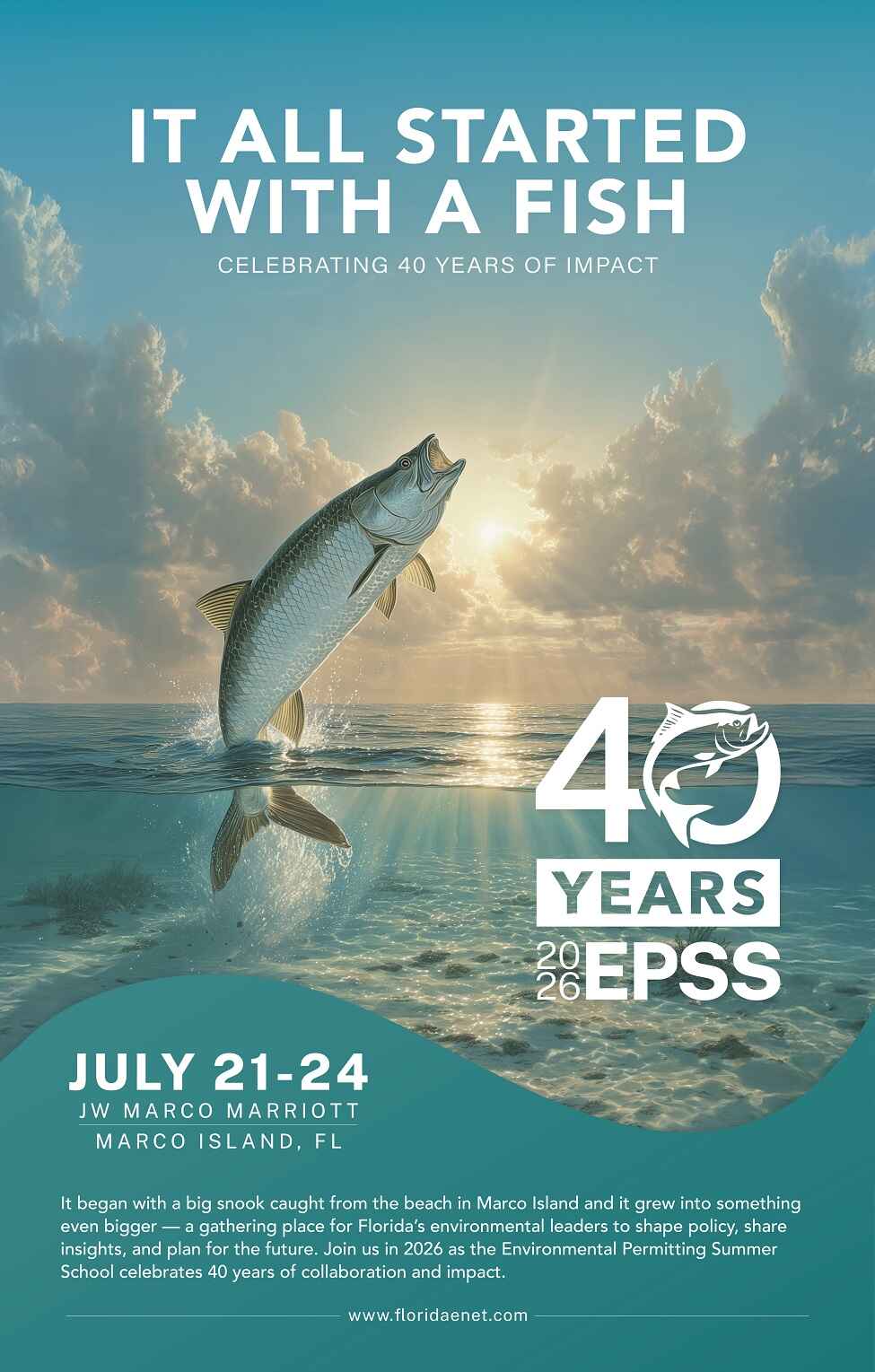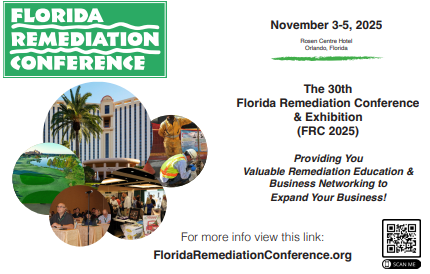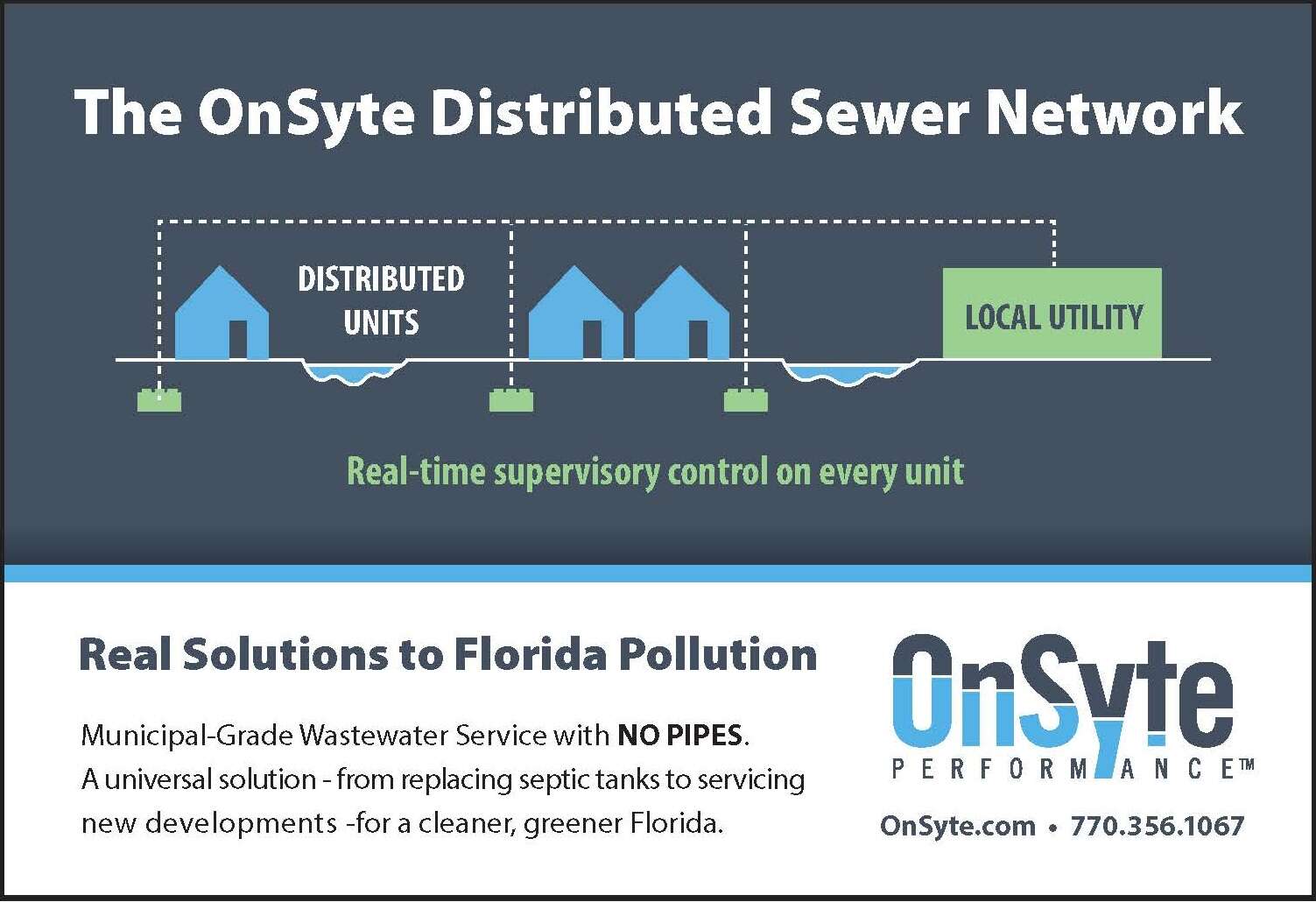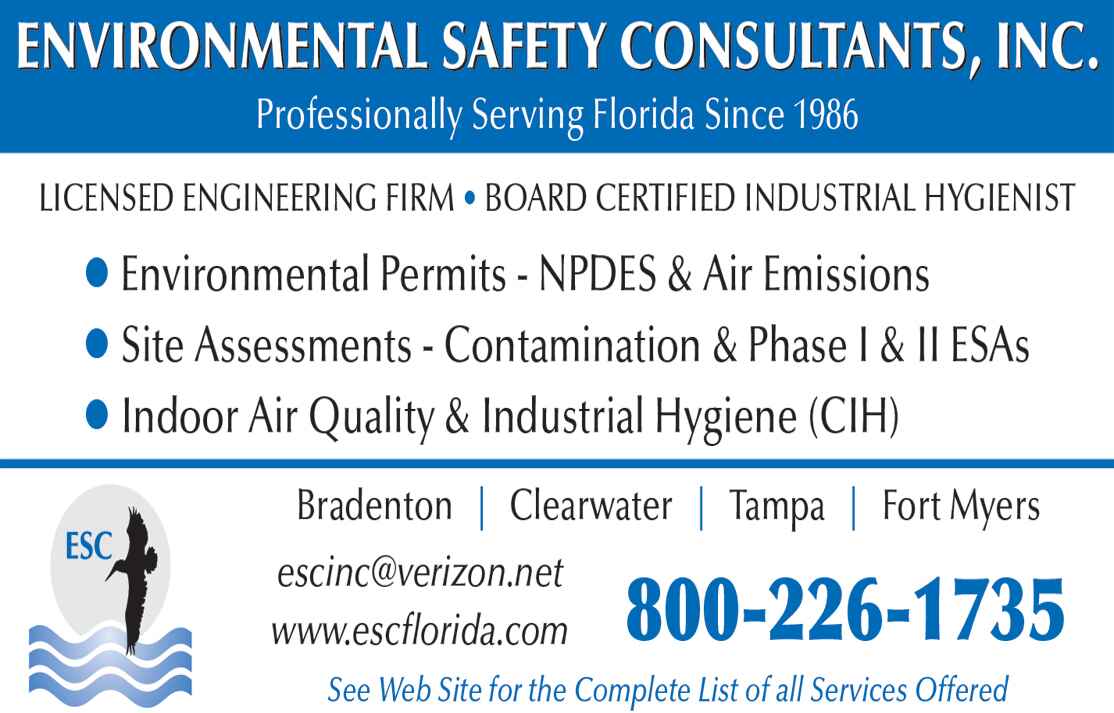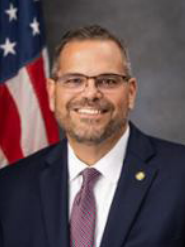
By BILL CONERLY
Florida is home to more than 2.6 million septic systems, and many of them are located in areas where central sewer isn’t available and the extension of central sewer is impractical or cost-prohibitive. Nutrient loading from these systems contributes to the degradation of our springs, lakes, rivers, and estuaries — not just harming ecosystems but also threatening drinking water quality and property values.
During the 2025 Legislative Session, I was proud to sponsor House Bill 645, signed into law by Governor Ron DeSantis. This new law creates a General Permit pathway for the use of Distributed Wastewater Treatment Systems (DWTS) to replace failing septic tanks. It is a practical, cost-effective, science-driven solution to benefit water quality improvement by reducing the total nitrogen discharged in the effluent.
Let me be clear: DWTS is not just a “better septic tank.” It is a micro-scale, professionaly-operated treatment system that meets the same performance standards required of large, centralized wastewater treatment facilities — but without the need for costly sewer extensions or new wastewater infrastructure. A single Distributed Wastewater Treatment Unit (DWTU) is installed in the yard, in the footprint of the existing septic tank it is replacing. It is then actively monitored and operated remotely by a licensed professional, ensuring performance and reliability.
These systems are required to achieve a minimum 80 percent total nitrogen removal, which is significantly better than advanced nutrient-reducing septic systems (certified to achieve 50 percent removal). They also meet state standards for subsurface discharge, provided they are properly sited and maintained.
Prior to this legislative session, local governments and utilities trying to replace septic systems with a DWTS had to apply for an Individual Permit from the Florida Department of Environmental Protection (FDEP) — the same process used for million-gallon-per-day wastewater treatment plants. This has created unnecessary regulatory barriers and delayed urgently needed septic tank remediation efforts.
House Bill 645 simplifies the process by authorizing General Permits for Distributed Wastewater Treatment Systems, provided they meet clearly defined criteria. These include:
- Professional engineering design and pre-installation notice to FDEP
- DWTU flow limits (10,000 GPD residential; 5,000 GPD commercial)
- Strict siting standards and groundwater separation
- Ongoing sampling, inspection, and reporting by the permittee
By streamlining this pathway, we have empowered local governments and utilities to act faster, reduce permitting costs, and focus on protecting public health and the environment.
Some might worry that decentralizing treatment could reduce oversight. In fact, the opposite is true. Every DWTU installed under this general permit will be:
- Remotely monitored 24/7 via electronic control systems
- Part of a monthly testing plan using state-approved labs
- Operated by licensed professionals, with reporting requirements equal to those for traditional wastewater plants
These safeguards give regulators and the public full confidence that DWTS installations will continue to meet high standards for nutrient removal and environmental protection.
We are not abandoning centralized sewer systems — they remain essential in many parts of Florida. But for areas where sewer service is decades away or cost-prohibitive, and where failing septic systems are degrading water quality today, DWTS offers an immediate and impactful alternative.
This new law opens the door for faster, cost-effective upgrades across the state. It represents the kind of forward-thinking, technology-enabled solution Florida needs to protect its most precious natural resources.
As always, I welcome ongoing dialogue with environmental professionals, utilities, and local leaders. Let’s continue working together to restore and preserve Florida’s precious waters — one system at a time.
Bill Conerly, PE is a Florida Representative representing District 72 in Manatee County.


